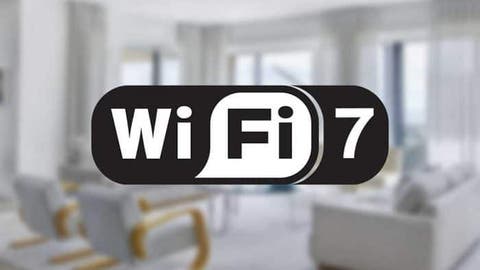WiFi 6 is still in the early stage of a large-scale blowout. At present, only a few new routers or terminal products support the latest WiFi 6 protocol. However, technology is changing with each passing day, and the next generation of WiFi 7 is already on the road.
It is reported that the theoretical maximum transmission rate of WiFi 7 can reach 30Gbps, which is three times the maximum rate of 9.6Gbps for WiFi 6.
Compared with the current mainstream WiFi 5 (802.11 ac) wireless transmission protocol, the new WiFi 6 (802.11 ax) is not only 40% faster but also consumes less power. Routers using the WiFi 6 protocol can support more devices to connect at the same time. Moreover, they support the latest WP3 security protocol. Even for hackers, it’s difficult to crack. As far as the current technological development level is concerned, WiFi 6 is already worth it to be called perfect.
However, WiFi 7 still has the necessity of its existence. The 802.11 standard is under development. We know that the MU-MIMO technology introduced by WiFi 6 supports up to 8 data streams to work at the same time. In this sense, WiFi 7 will introduce CMU-MIMO technology. It supports up to 16 data streams, 8 lanes to 16 lanes, proper interstellar highway, etc. Apart from the traditional 2.4GHz and 5GHz bands, WiFi 7 will also support the 6GHz frequency band. All three frequency bands can work simultaneously.
Finally, WiFi 6 (802.11 ax) currently uses the 1024-QAM signal modulation method. And WiFi 7 using the 802.11 be standard will be upgraded to a 4096-QAM signal modulation method. It is simple and rough to expand the data transmission capacity. So it is not surprising this technology will reach a speed of 30Gbps.

I still cant understand why they chose 5G for car car communication. WIFI is much faster and has faster iterations. mayby 5G lobbing or cause its easier cause 5G will be a longer norm than the WIFI standandards.
Hope WiFi 7 comes in 5 years time from now in order for WiFi 6 to mature. That is more WiFi 6 chipsets and routers